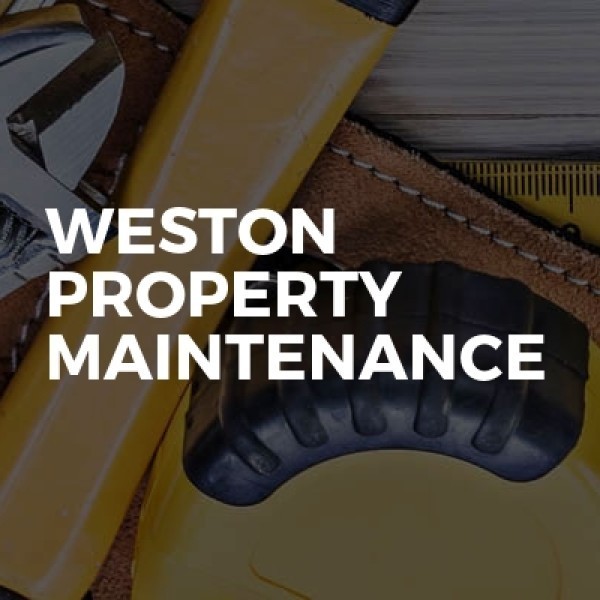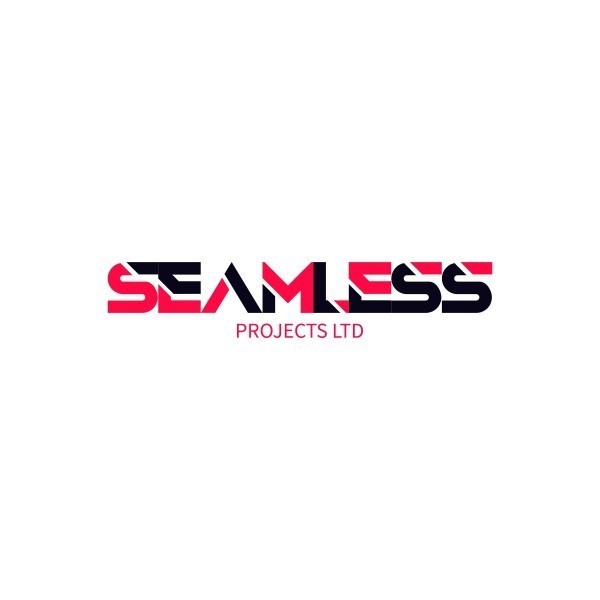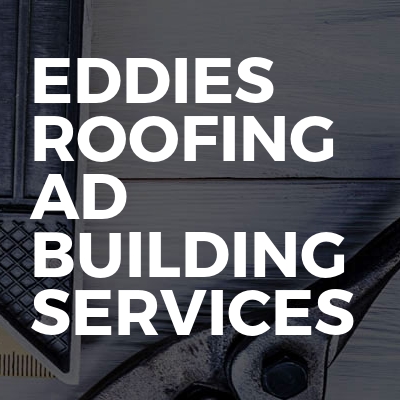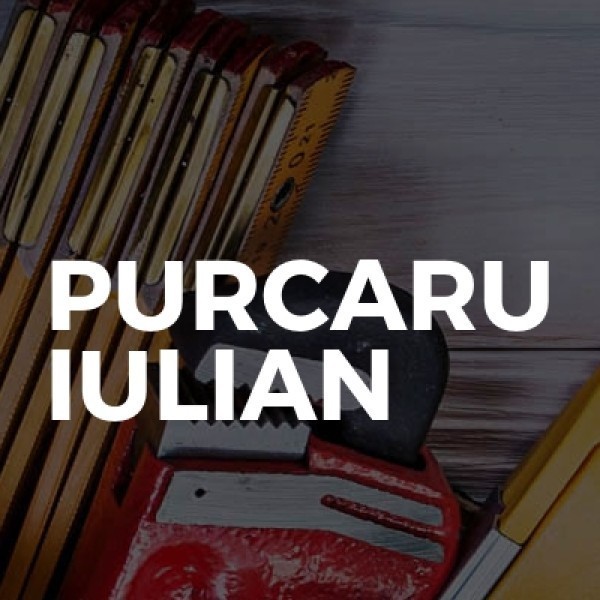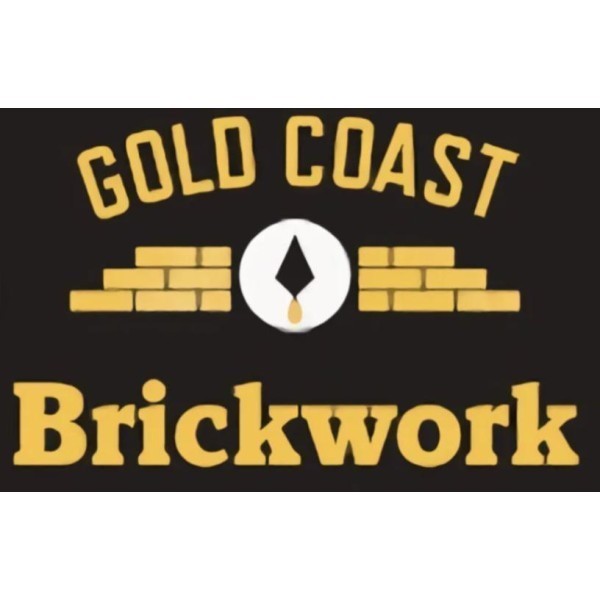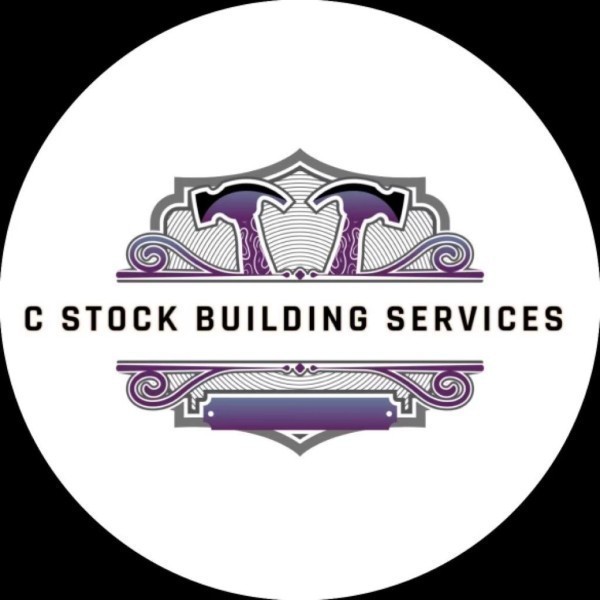Property Maintenance in Cowes
Filter your search
Post your job FREE and let trades come to you
Save time by filling out our simple job post form today and your job will be sent to trades in your area so you can sit back, relax and wait for available trades to contact you.
Post your job FREESearch Property Maintenance in places nearby
Understanding Property Maintenance in Cowes
Property maintenance in Cowes is a crucial aspect of ensuring that homes and buildings remain in top condition. Whether you're a homeowner, landlord, or property manager, maintaining your property is essential for preserving its value and ensuring the safety and comfort of its occupants. In this article, we'll explore various aspects of property maintenance, offering insights and tips to help you manage your property effectively.
The Importance of Regular Property Maintenance
Regular property maintenance is vital for several reasons. Firstly, it helps prevent minor issues from becoming major problems, saving you money in the long run. Secondly, well-maintained properties are more attractive to potential buyers or tenants, which can increase their market value. Lastly, regular maintenance ensures that your property complies with local regulations and safety standards, protecting you from potential legal issues.
Preventing Costly Repairs
One of the primary benefits of regular property maintenance is the prevention of costly repairs. By addressing minor issues early, you can avoid more significant problems that require expensive fixes. For example, fixing a small roof leak promptly can prevent water damage and mould growth, which can be costly to remediate.
Enhancing Property Value
Maintaining your property can significantly enhance its value. A well-kept property is more appealing to potential buyers or tenants, which can lead to higher rental income or a better sale price. Regular maintenance also ensures that your property remains competitive in the market, attracting quality tenants or buyers.
Ensuring Safety and Compliance
Regular maintenance is essential for ensuring the safety of your property and its occupants. By keeping your property in good condition, you can prevent accidents and injuries. Additionally, regular maintenance helps ensure that your property complies with local building codes and safety regulations, protecting you from potential legal issues.
Key Areas of Property Maintenance
Property maintenance involves several key areas, each requiring attention to ensure the overall health of your property. These areas include the exterior, interior, plumbing, electrical systems, and landscaping.
Exterior Maintenance
The exterior of your property is the first thing people see, so it's essential to keep it in good condition. Regularly inspect the roof, gutters, siding, and windows for signs of damage or wear. Clean and repair these areas as needed to prevent further issues.
Interior Maintenance
Interior maintenance involves keeping the inside of your property clean and functional. Regularly inspect and clean floors, walls, ceilings, and fixtures. Address any signs of wear or damage promptly to maintain a comfortable and safe living environment.
Plumbing and Electrical Systems
Plumbing and electrical systems are critical components of any property. Regularly inspect these systems for signs of leaks, corrosion, or damage. Hire professionals to perform routine maintenance and repairs to ensure these systems function efficiently and safely.
Landscaping and Grounds Maintenance
Maintaining the landscaping and grounds of your property is essential for curb appeal and functionality. Regularly mow the lawn, trim bushes, and remove debris. Consider hiring a professional landscaper for more extensive projects or to maintain a polished appearance.
Hiring Professional Property Maintenance Services
While some property maintenance tasks can be handled by the property owner, others require the expertise of professionals. Hiring professional property maintenance services can save you time and ensure that your property is maintained to the highest standards.
Benefits of Professional Services
Professional property maintenance services offer several benefits. They have the expertise and equipment to handle complex tasks efficiently and safely. Additionally, hiring professionals can save you time and effort, allowing you to focus on other aspects of property management.
Choosing the Right Service Provider
When choosing a property maintenance service provider, consider their experience, reputation, and range of services offered. Look for providers with positive reviews and a track record of delivering high-quality work. It's also essential to ensure that they are licensed and insured to protect yourself from potential liabilities.
DIY Property Maintenance Tips
While hiring professionals is beneficial, there are several property maintenance tasks that you can handle yourself. Here are some DIY tips to help you maintain your property effectively.
Regular Inspections
Conduct regular inspections of your property to identify any issues early. Create a checklist of areas to inspect, including the roof, gutters, windows, plumbing, and electrical systems. Address any problems promptly to prevent further damage.
Seasonal Maintenance
Perform seasonal maintenance tasks to prepare your property for changing weather conditions. In the spring, clean gutters and check for roof damage. In the winter, insulate pipes and check heating systems to prevent freezing and ensure efficiency.
Basic Repairs and Upkeep
Learn how to perform basic repairs and upkeep tasks, such as fixing leaky faucets, replacing light bulbs, and patching small holes in walls. These tasks can save you money and help maintain your property in good condition.
Understanding Local Regulations and Standards
Property maintenance in Cowes requires an understanding of local regulations and standards. Familiarising yourself with these requirements ensures that your property remains compliant and avoids potential legal issues.
Building Codes and Safety Standards
Local building codes and safety standards dictate the minimum requirements for property maintenance. Ensure that your property complies with these regulations by performing regular inspections and addressing any issues promptly.
Environmental Considerations
Environmental considerations, such as waste disposal and energy efficiency, are also essential aspects of property maintenance. Implement eco-friendly practices, such as recycling and using energy-efficient appliances, to reduce your property's environmental impact.
Budgeting for Property Maintenance
Effective property maintenance requires careful budgeting to ensure that you have the necessary funds to address any issues that arise. Here are some tips for budgeting for property maintenance.
Creating a Maintenance Budget
Create a maintenance budget by estimating the costs of regular maintenance tasks and potential repairs. Consider setting aside a portion of your rental income or property value for maintenance expenses.
Planning for Unexpected Expenses
Unexpected expenses can arise, so it's essential to have a contingency fund to cover these costs. Set aside a portion of your budget for emergencies, such as major repairs or natural disasters.
Frequently Asked Questions
What is the most important aspect of property maintenance?
The most important aspect of property maintenance is regular inspections. By identifying issues early, you can prevent costly repairs and ensure the safety and comfort of your property.
How often should I perform property maintenance?
Property maintenance should be performed regularly, with inspections conducted at least twice a year. Seasonal maintenance tasks should also be completed to prepare for changing weather conditions.
Can I handle property maintenance myself?
While some property maintenance tasks can be handled by the property owner, others require professional expertise. It's essential to know your limits and hire professionals for complex tasks.
What should I look for in a property maintenance service provider?
When choosing a property maintenance service provider, consider their experience, reputation, and range of services offered. Ensure they are licensed and insured to protect yourself from potential liabilities.
How can I budget for property maintenance?
Create a maintenance budget by estimating the costs of regular maintenance tasks and potential repairs. Set aside a portion of your rental income or property value for maintenance expenses.
What are the benefits of regular property maintenance?
Regular property maintenance prevents costly repairs, enhances property value, and ensures safety and compliance with local regulations. It also makes your property more attractive to potential buyers or tenants.




